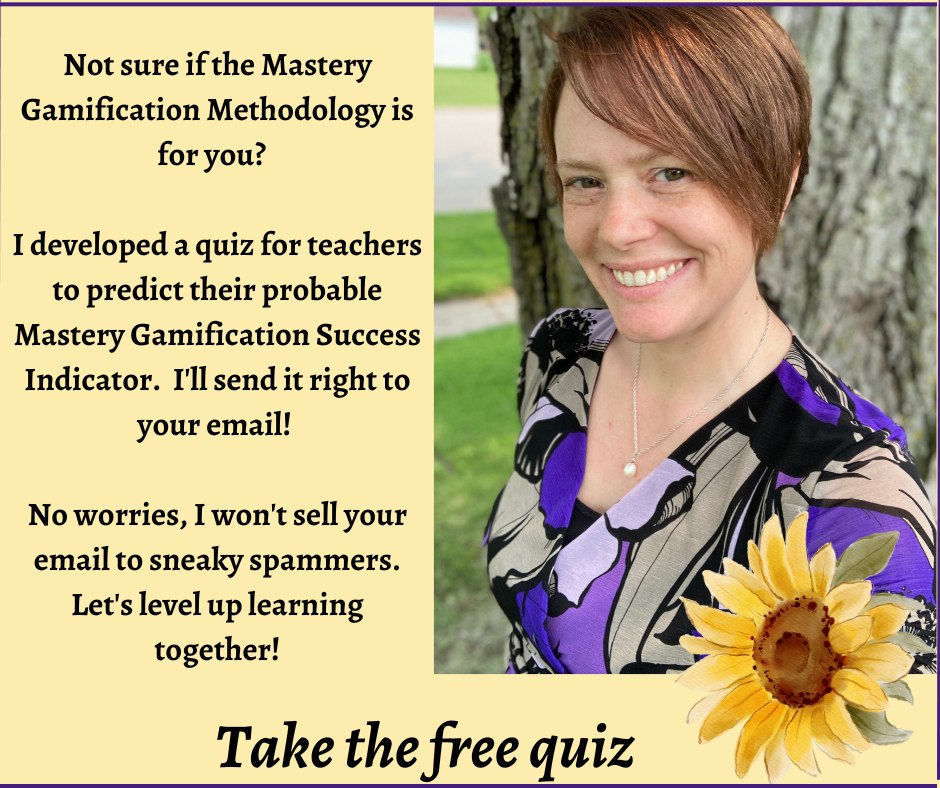Stories in 6 Words: Embracing the Human Journey
Have you ever tried to listen to your subconscious? Not the words that you consciously think but rather the impression and reactions to the world and your place in it. Generally, these subconscious thoughts are in the form of a short story. For example, a teacher taking a walk down the sidewalk of their hometown may think: “Familiar faces, warm nods, sense belonging.” This is a verbal representation of the subconscious thoughts of a teacher out on an enjoyable walk in the summer. Or in a classroom that same teacher’s subconscious story may be: “Classroom buzz, eagerness to learn, gratifying.” Whether we realize it or not, the subconscious is always running a constantly updating loop in a narrative that describes the world and our place in it. Today, I’d like to dive into this fascinating concept of “stories in 6 words” and how humans use these stories to perceive life as a narrative.
Stories in 6 Words in Schools
A middle school student, stepping into the first day of school may have a subconscious narrative like this: “Navigating cliques, seeking true friends, protagonist.” This verbal representation of the student’s subconscious story conveys a desire to fit in and find a lifeline in the sea of new faces.
Notice that the student has placed himself as the protagonist of the story. In past blog articles, we have discussed the story roles that students take and how to use those story roles to optimize classroom learning. I recommend you read that blog article here. However, for today’s blog, understand that everyone is born as the protagonist of their own story. However, the protagonist is not always the hero. It is the teacher’s job to help to culture the hero mindset in students. We must empower them to take responsibility for their education.
“Pursuing answers, clues emerge, mysteries deepen.” This default role as the protagonist and the thinking in narrative that comes with it is fascinating to me. It has become one of the core pillars of my Mastery Gamification system. I wanted to do some research and see if anyone else was analyzing this aspect of human thinking. Yet the deeper I dove into thinking in narrative, the more I wondered how this method of thinking emerged.
“Curious mind, endless quest, knowledge unveiled.”
As I was researching, I found the book Storythinking by Angus Fletcher.
Storythinking is all about the ways in which humans think. For about as long as education has been around, humans have upheld the beauty and purity of logic in thinking. Logic has helped us to uncover essential truths. Our progression as a society would not have been possible without logic. However, there is another vehicle for human thinking that Fletcher calls “storythinking.” Storythinking is the idea that humans think in stories about ourselves and our relationship to the world around us. Logic helps us uncover truths while storythinking creates original actions.
I tend to think of these two modes of thinking in Star Trek terms. The logical part of the brain is the Vulcan thought process. It is efficient, it is effective, and it uncovers truths very effectively. The storythinking thought is the human way of thinking. It’s emotional and passionate and doesn’t always fit 100% of the facts but it motivates humans to reach for the stars. Humans would be incomplete without both of these modes of thinking.

“Writing destiny, chapters untold, embracing journey.”
As the protagonist of my own story, I strive to be a hero. I have a journey with a destination in mind. In order to get to my destination, I make a plan and follow that plan to get there. I take responsibility for my own actions and face the consequences (both positive and negative) of my choices. My destiny is mine to write and I do my best to get it right. I want to empower students with that same way of thinking. “Life’s plot unraveled, storyteller embraced destiny.”
For Further Learning
What’s next for you in your story? One choice you could make as the hero of your journey is to join our Facebook group of teachers who want to revolutionize their teaching strategies to empower students to be the hero of their own journey.
Also, if you are interested in learning more about Storythinking I’d encourage you to check out the book. If you do click on the link, know that as an Amazon Associate, I earn from qualifying purchases.
Your challenge for this week: try to focus in on your subconscious storytelling and “listen” to what “stories in 6 words” your mind is telling you. I expect that you’ll get a lot of insight if you do!

